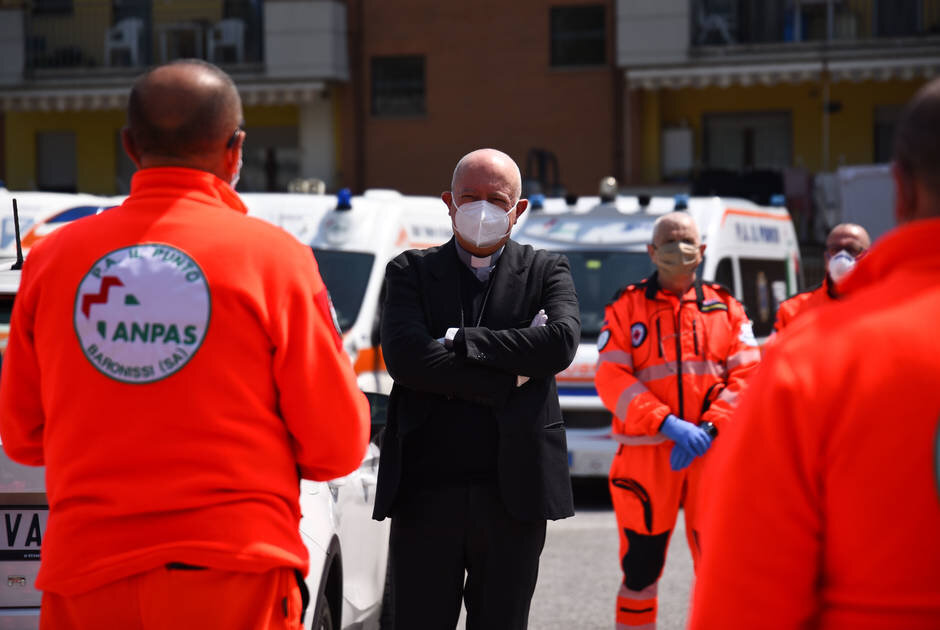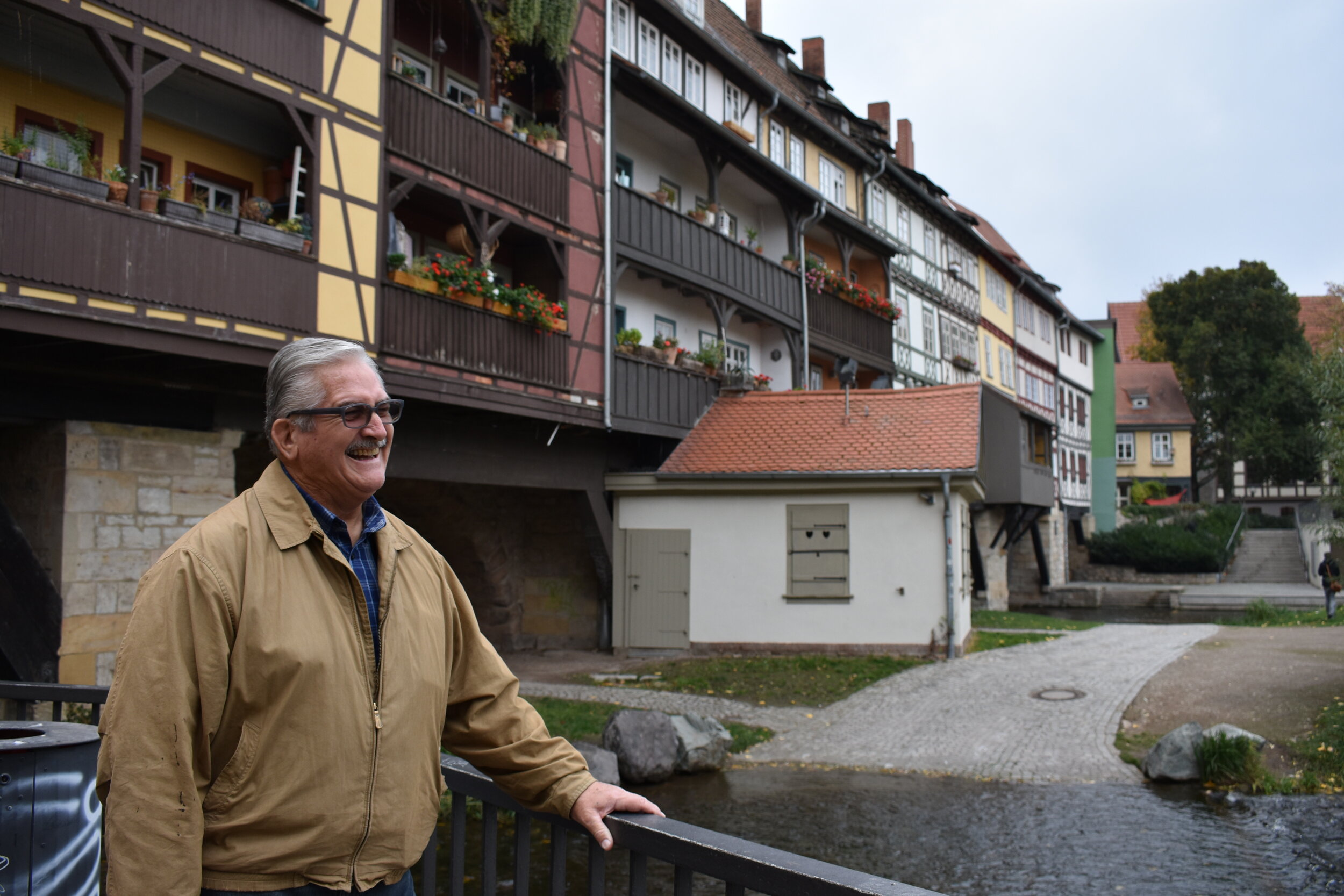The township of Kovaipudur has a reputation.
Located in the foothills of the Sahyadri Mountain range and part of the city of Coimbatore, in Tamil Nadu, India, the township enjoys gentle mountain breezes and monsoon rains that create a generally serene setting of lush vegetation. Locals know Kovaipudur is cooler than the rest of the city.
But Kovaipudur is also known as the home of Shanti Ashram, an international centre for development, learning and collaboration founded by Dr. M. Aram and Mrs. Minoti Aram, who are Dr. Kezevino Aram´s parents, in 1986 on the Gandhian principle of Sarvodaya (progress for all).
According to Shanti Ashram’s records, its community work impacts more than 250,000 people in Coimbatore and its environs. Dr. Kezevino Aram has been leading the Ashram as its President since 2014. Through her hands-on, collaborative approach, Aram has responded to numerous challenges and crises in her community— most recently the COVID-19 pandemic.












